Business
Exclusive account of how Olorogun Oskar Ibru Loses Confidant, Felix Ibru
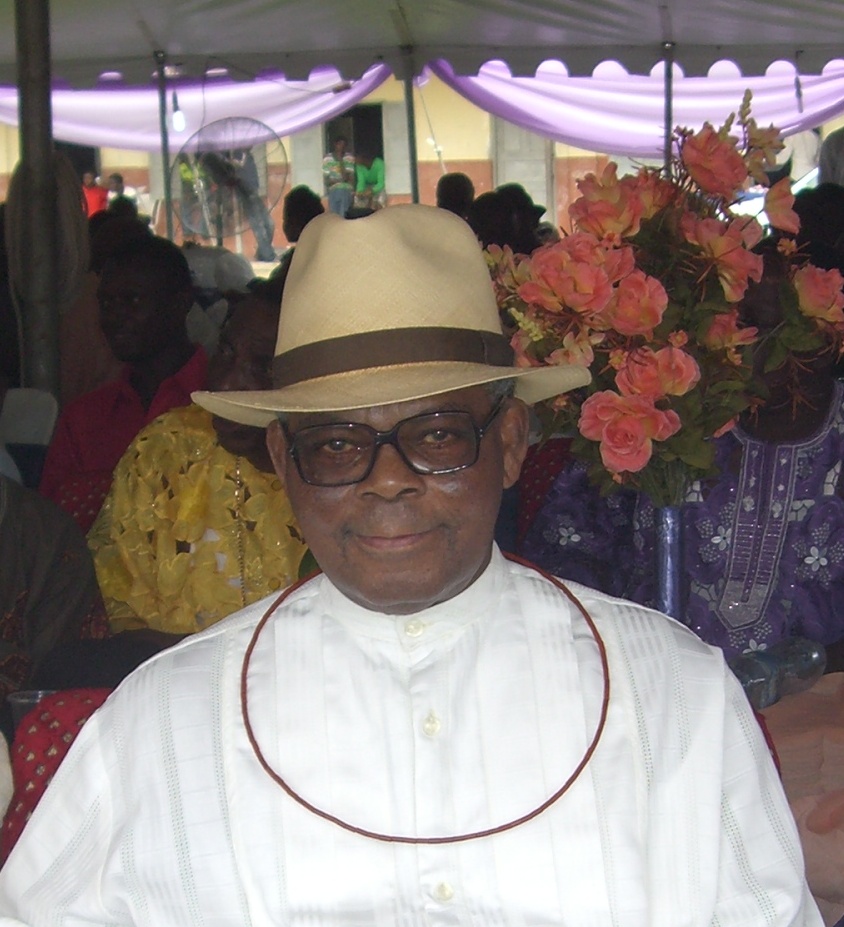
Olorogun Oskar Ibru has lost his closest confidant, Senator Felix to the cold hands of death just two months after celebrating a superlative 80th birthday in January, 2016. Inside source squealed to us that Felix died on his way to the hospital on Saturday, March, 12, 2016 enroute Eko hospital, Ikeja, Lagos. The source revealed to us that the deceased was at home in his residence at Ikeja with his cook and driver at exactly 10:18am and was playing games with them when he complained of cold and weakness of his body. Due to his persistent complain and request to see his personal doctor situated along Idowu Martins, Victoria Island, Lagos, his domestic staff decided to drive him down but when they were confronted with traffic jams along Mobolaji Bank-Anthony way, Ikeja, they decided to rush him to the nearest hospital which was Eko Hospital, Ikeja. Upon arrival at the hospital around 11:28am, the doctor on duty declared him Dead on arrival { DOA}. We reliably gathered that the entire Ibru’s dynasty have been thrown into mourning due to his demise. His son, Otu and other family members wept uncontrollab;y and are yet to get over the shock.
Felix Ovudoroye Ibru (7 December 1935 – 12 March 2016) was a Nigerian architect, Senator and the First democratically elected Governor of Delta State. Until his death he held the position of President General of the Urhobo Progressive Union (UPU). As a traditional chieftain of his homeland, Ibru bore the tribal honorific Olorogun and often used it as a pre-nominal style. This title is also borne by many of the members of his large family in the same way.
Background
Ibru was born on 7 December 1935 at Agbarha-Otor in the Ughelli North local government area of Delta State to Chief Peter Epete Ibru and Chief (Mrs). Janet Omotogor Ibru, the second of seven children. His brother Michael Ibru is the founder of the Ibru Organization, a major conglomerate. He was educated at Yaba Methodist School, and later Igbobi College where he was Head Boy in 1955. He won the Elder Dempster Lines Scholarship to travel to the United Kingdom. After his secondary school education at Igbobi College, Ibru proceeded to the Nottingham School of Architecture in England where he qualified as an architect in 1962.
While a student in Nottingham, he was elected the first Black President of the British Council with responsibility for Nottinghamshire, Derbyshire, Lincolnshire and Leicestershire. As a result, he was presented to Queen Elizabeth II and his Prince Philip, the Duke of Edinburgh at a ceremony in Buckingham Palace in 1960.[citation needed] Shortly after his qualification as an architect in 1962, he worked briefly with the Jewish Agency SOCHNUT, on various projects relating to farm settlements (kibbutzim and moshavim) and prefabricated buildings in Jerusalem and Haifa. He later enrolled at the Technion – Israel Institute of Technology for post-graduate studies and qualified with an MSc (Arch) in 1963. He returned to Nigeria at the end of that year and took up an appointment with the Federal Ministry of Education as the first resident Lecturer in Architecture at the Yaba College of Technology.
He was elected member of the Nigerian Institute of Architects (NIA) in 1969, registered by the Architects registration Council of Nigeria in (ARCON) 1971, and elected Fellow of the Nigeria Institute of Architects in 1995. In 1997 he was awarded an honorary degree of Doctor of Laws (LL.D) by the Delta State University and a Fellowship of the Nigerian Institute of Public Relations (NIPR).
Business career
Ibru established an architectural firm, Roye Ibru Associates, which, in 1971, went into partnership with Alan Vaughan-Richards and Associates to establish the firm of Ibru Vaughan-Richards and Associates (Planning Partnership). As one of the two principal partners of the firm, Chief Ibru was involved in the design and supervision of more than 40 projects across the country. They include: University of Lagos Sports Centre, Oguta Lake Resort, The Diette-Spiff Civic Centre, Port Harcourt, Office extension for Elf Nig. Ltd. Victoria Island, Lagos University master plan, New Layout Market, Port Harcourt, Mile 3 Diobu Market, Port Harcourt, Sheraton Lagos Hotel & Towers, Ikeja, University of Benin sports centre, University of Benin Master plan, Faculty of Science buildings, University of Benin & Ogun State, Ogun State Polytechnic Master plan.
As consultant to Ibru Prefabs Limited he was responsible for the design and supervision of several Geodesic Domes of various dimensions in many parts of the country. In 1971, under the auspices of the United Nations, he was invited to Tokyo, Japan as a member of a panel on foreign investment. In 1974, he delivered a lecture at the Harvard Business School, in the United States on Multinationals. It was titled, Emerging Role Of The African Entrepreneur In The Economy And Its Relationship With Multinational Corporations:Competition,Partnership,Cooperation and Absorption.
Political career
His political activities began in 1983 when he unsuccessfully contested for a seat in the Senate.[citation needed] He ran for the Governorship of Delta State in 1991 and emerged as the First Executive Governor of the newly created Delta State in 1992.[citation needed]
He won the 2003 Senatorial elections for Delta Central.
Personal life
The senator was married with 6 children and 2 grandchildren. He died on 12 March 2016
Business
Aig-Imoukhuede Foundation opens applications for 6th Cohort Programme
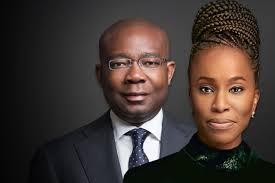
Aig-Imoukhuede Foundation opens applications for 6th Cohort Programme
The Aig-Imoukhuede Foundation is pleased to announce that applications are now open for the sixth cohort of its transformative AIG Public Leaders Programme (AIG PLP).
This flagship six-month executive education initiative, delivered by the University of Oxford’s Blavatnik School of Government, is designed to empower high-potential public sector leaders across Africa with the tools, networks, and strategic insight required to deliver meaningful reform across African public institutions.
Applications are now open to qualified public servants from all English-speaking African countries and will close on Sunday, April 12, 2026. The programme commences in October 2026.
Since its inception in 2021, the AIG PLP has built a formidable reputation for creating tangible impact.
Alumni from the programme have gone on to design and implement more than 230 reform projects within their ministries, departments, and agencies across Africa.
An impact survey revealed that 62% of alumni have earned promotions or assumed expanded leadership roles post-training, demonstrating the programme’s direct effect on career advancement and institutional influence.
“Across Africa, the complexity of public sector challenges demands more than good intentions. It requires reformers who understand systems, can navigate institutional realities, and are equipped to implement sustainable change.
The AIG PLP is designed to meet this need,” said Ofovwe Aig-Imoukhuede, Executive Vice-Chair of the Aig-Imoukhuede Foundation.
As part of the programme, a PLP alumna, Titilola Vivour-Adeniyi, Executive Secretary of Lagos State DSVA, launched a secure self-reporting tool that allows survivors of domestic and sexual abuse safely document incidents and preserve evidence.
Survivors are already accessing support, and the tool ensures that crucial proof is protected until justice can be sought. This is one of over 230 impactful reform projects being implemented across sectors as diverse as healthcare, finance, agriculture, and education.
We are seeing proof every day that investing in the capacity and leadership potential of people, delivers the kind of transformation that policy alone cannot achieve.”
The AIG PLP is a blended learning experience that combines online sessions with an intensive residential module.
It is offered at no cost to selected participants, with the Foundation covering all costs of the programme including accommodation and feeding during the residential weeks.
Participants gain direct access to world-class faculty from the University of Oxford, and learn to tackle core public sector challenges such as: Negotiating in the public interest. Harnessing digital technology for governance.
Strengthening public organisations.
Upholding integrity in public life.
The curriculum culminates in a capstone reform project, where participants apply their new skills to a real-world challenge within their institution.
This practical component ensures that learning translates directly into actionable solutions.
Interested candidates are encouraged to apply early. For more details on the application process and to apply, please visit the Aig-Imoukhuede Foundation website.
Business
Renewed Hope Ambassadors Inspect RHA Secretariat
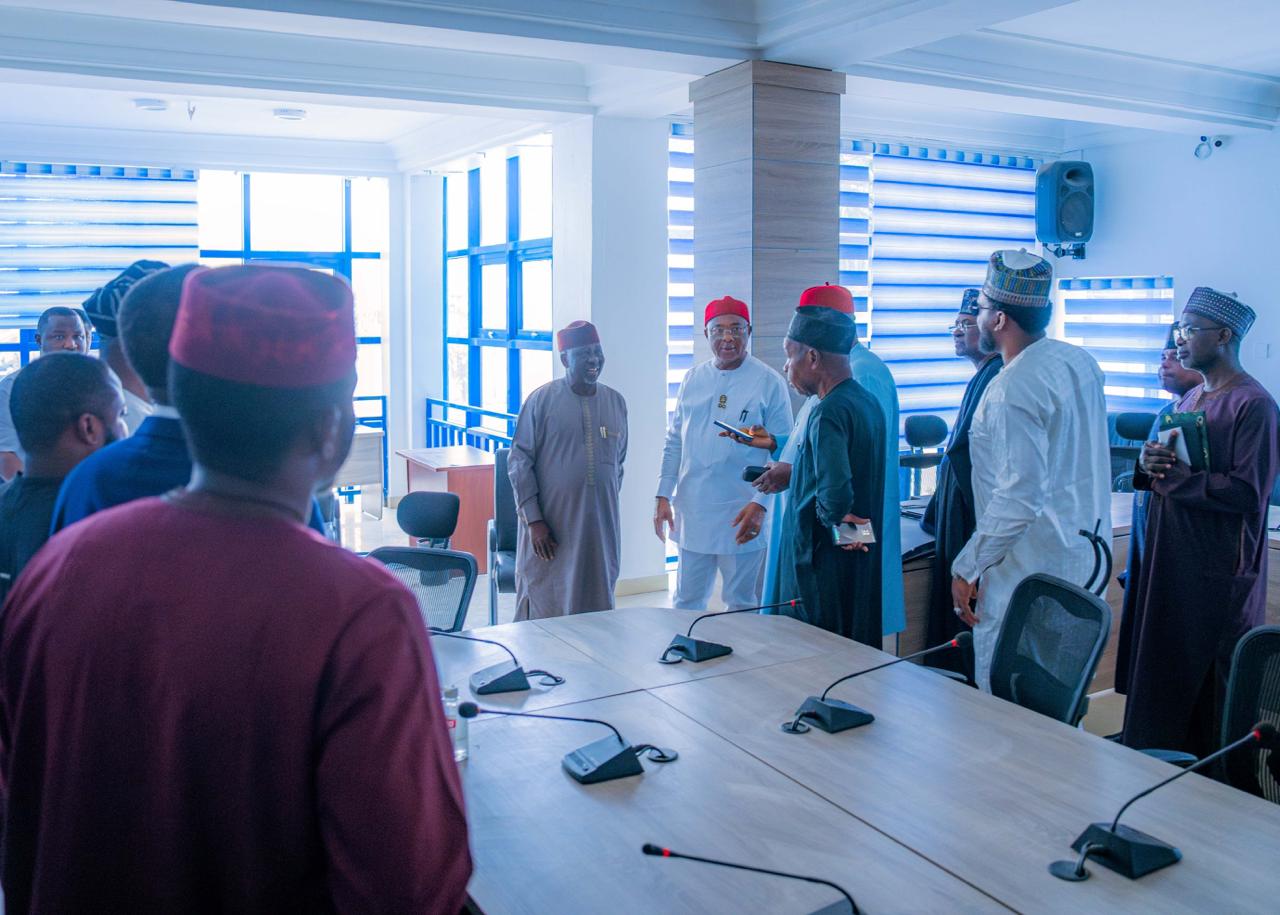
Renewed Hope Ambassadors Inspect RHA Secretariat
Renewed Hope Ambassadors, led by its Director-General and the Governor of Imo State, Hope Uzodinma, alongside Zonal Coordinators (NW, NC, SE), the Media & Publicity Directorate, and other key stakeholders, inspected the RHA Secretariat two days after President Bola Tinubu unveiled the Renewed Hope Ambassadors grassroots engagement drive in Abuja.
Business
Harmony Gardens’ Ibeju-Lekki Portfolio Crosses $1bn

Harmony Gardens’ Ibeju-Lekki Portfolio Crosses $1bn
Harmony Garden & Estate Development Limited has expanded its development activities across Ibeju-Lekki, pushing the projected long-term value of its estate portfolio beyond $1 billion.
Led by Chief Executive Officer Hon. Dr. Audullahi Saheed Mosadoluwa, popularly know Saheed Ibile, the company is developing seven estates within the Lekki–Ibeju corridor. Details available on Harmony Garden & Estate Development show a portfolio spanning land assets and ongoing residential construction across key growth locations.
A major component is Lekki Aviation Town, where urban living meets neighborhood charm, located near the proposed Lekki International Airport and valued internally at over $250 million. The development forms part of the company’s broader phased expansion strategy within the axis.
Other estates in the corridor tagged as the “Citadel of Joy” (Ogba-idunnu) include Granville Estate, Majestic Bay Estate, The Parliament Phase I & II, and Harmony Casa Phase I & II.
With multiple projects active, the rollout of the Ibile Traditional Mortgage System, and structured expansion underway, Harmony Garden & Estate Development Ltd continues to deepen its presence within the fast-growing Ibeju-Lekki real estate market.
-

 celebrity radar - gossips7 months ago
celebrity radar - gossips7 months agoWhy Babangida’s Hilltop Home Became Nigeria’s Political “Mecca”
-

 society5 months ago
society5 months agoReligion: Africa’s Oldest Weapon of Enslavement and the Forgotten Truth
-

 society6 months ago
society6 months agoPower is a Loan, Not a Possession: The Sacred Duty of Planting People
-

 news7 months ago
news7 months agoTHE APPOINTMENT OF WASIU AYINDE BY THE FEDERAL GOVERNMENT AS AN AMBASSADOR SOUNDS EMBARRASSING









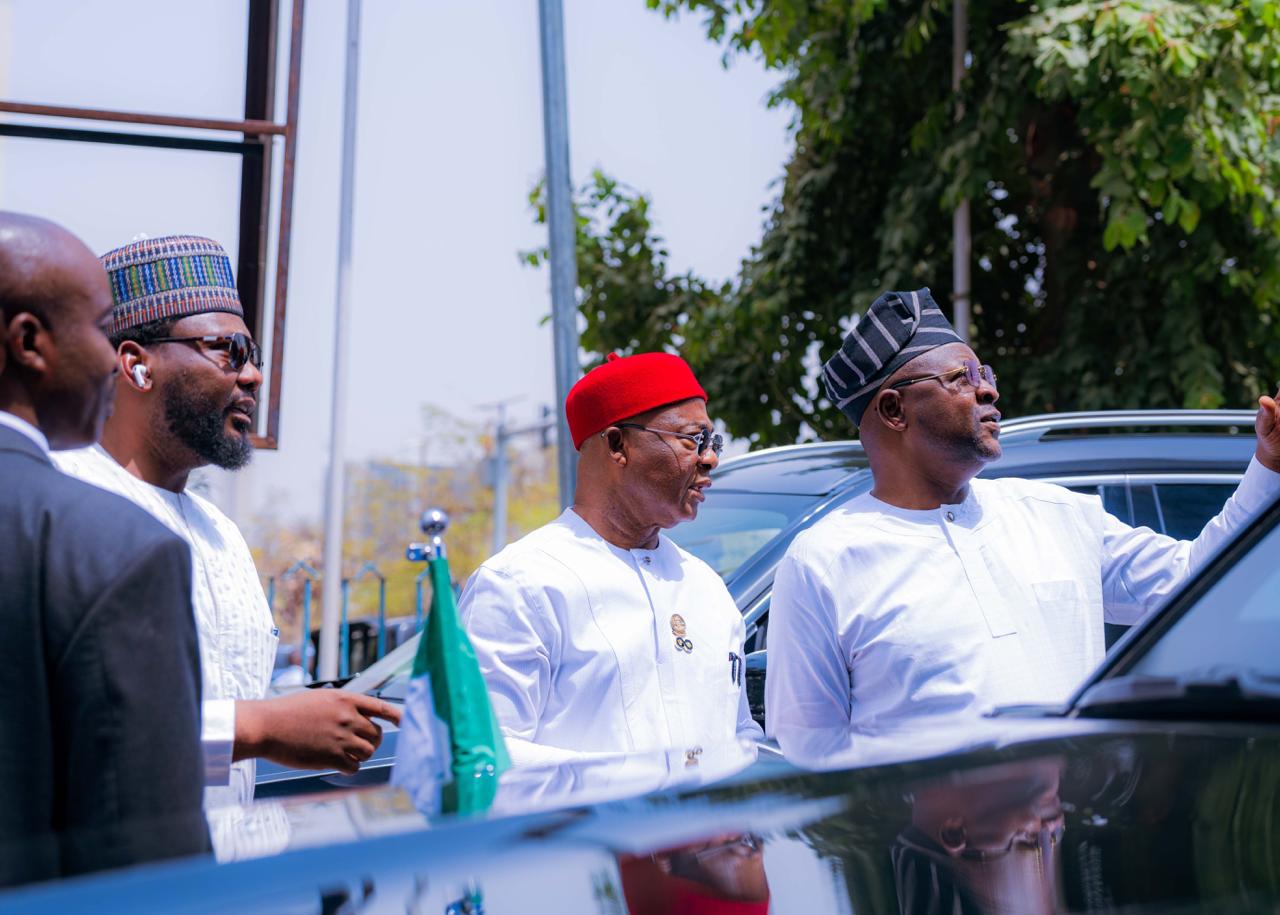
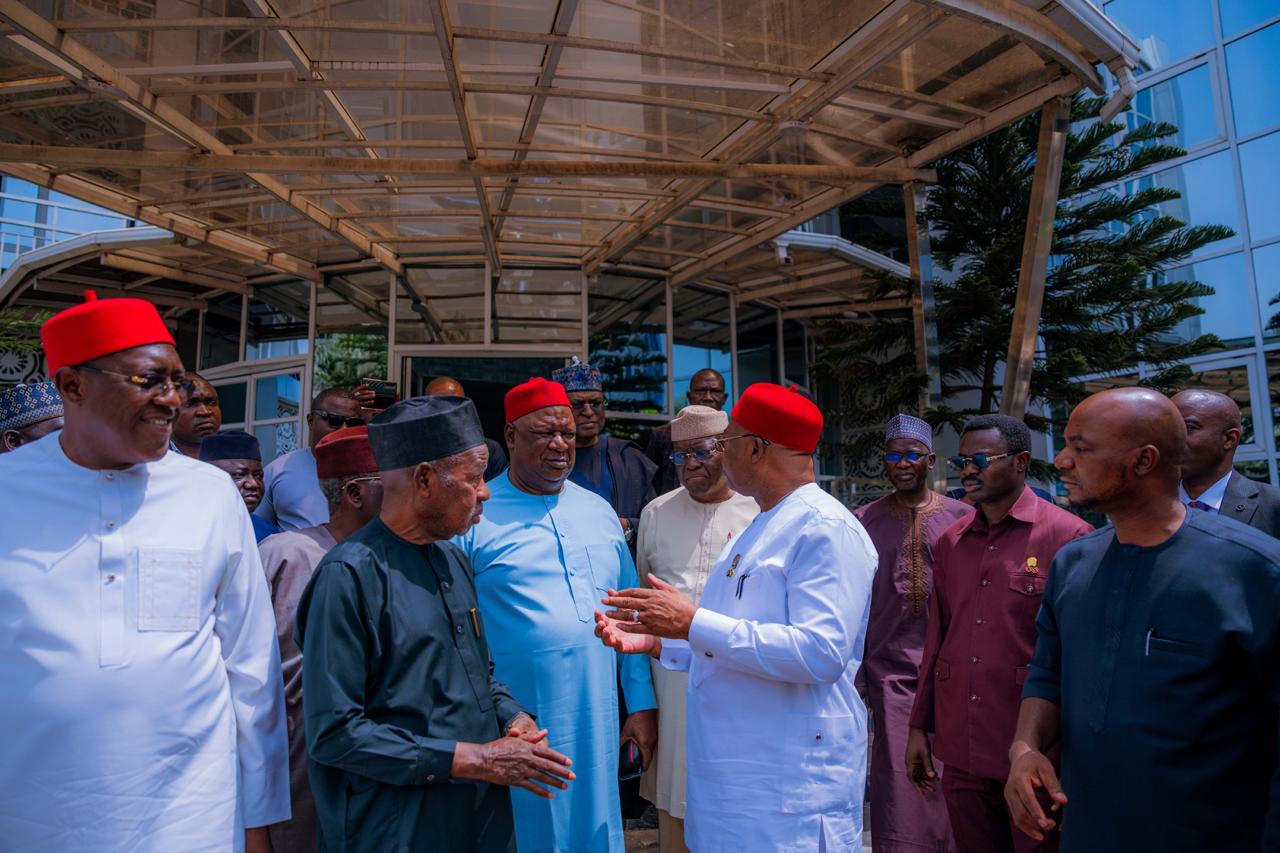

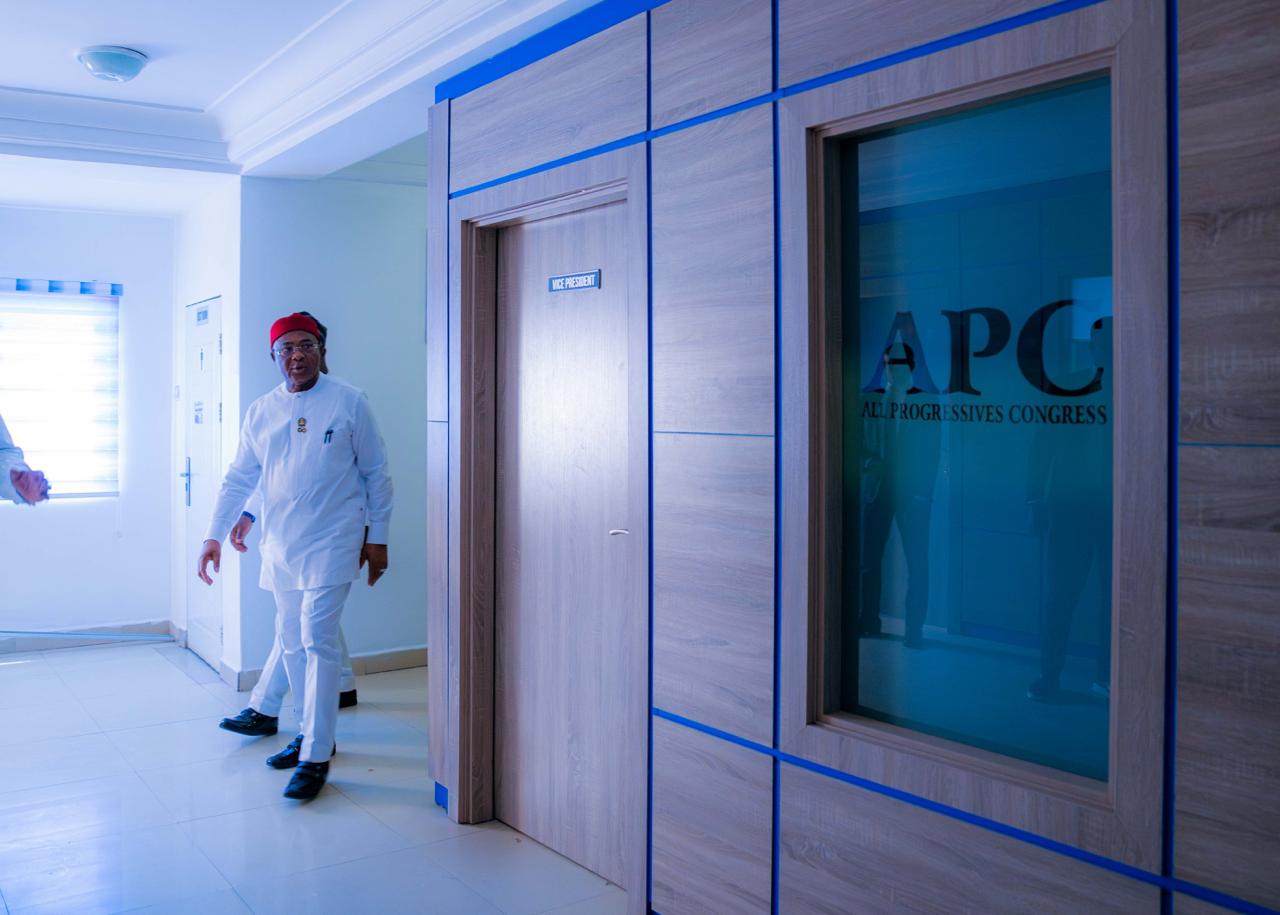
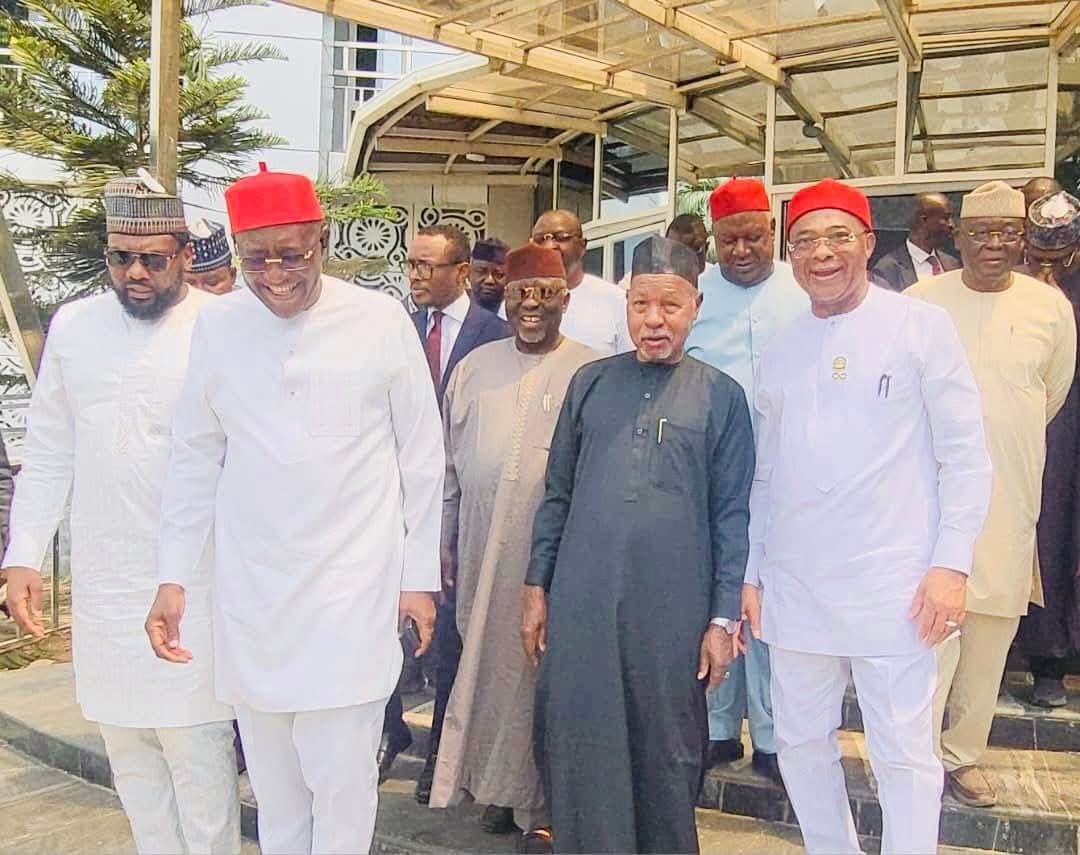
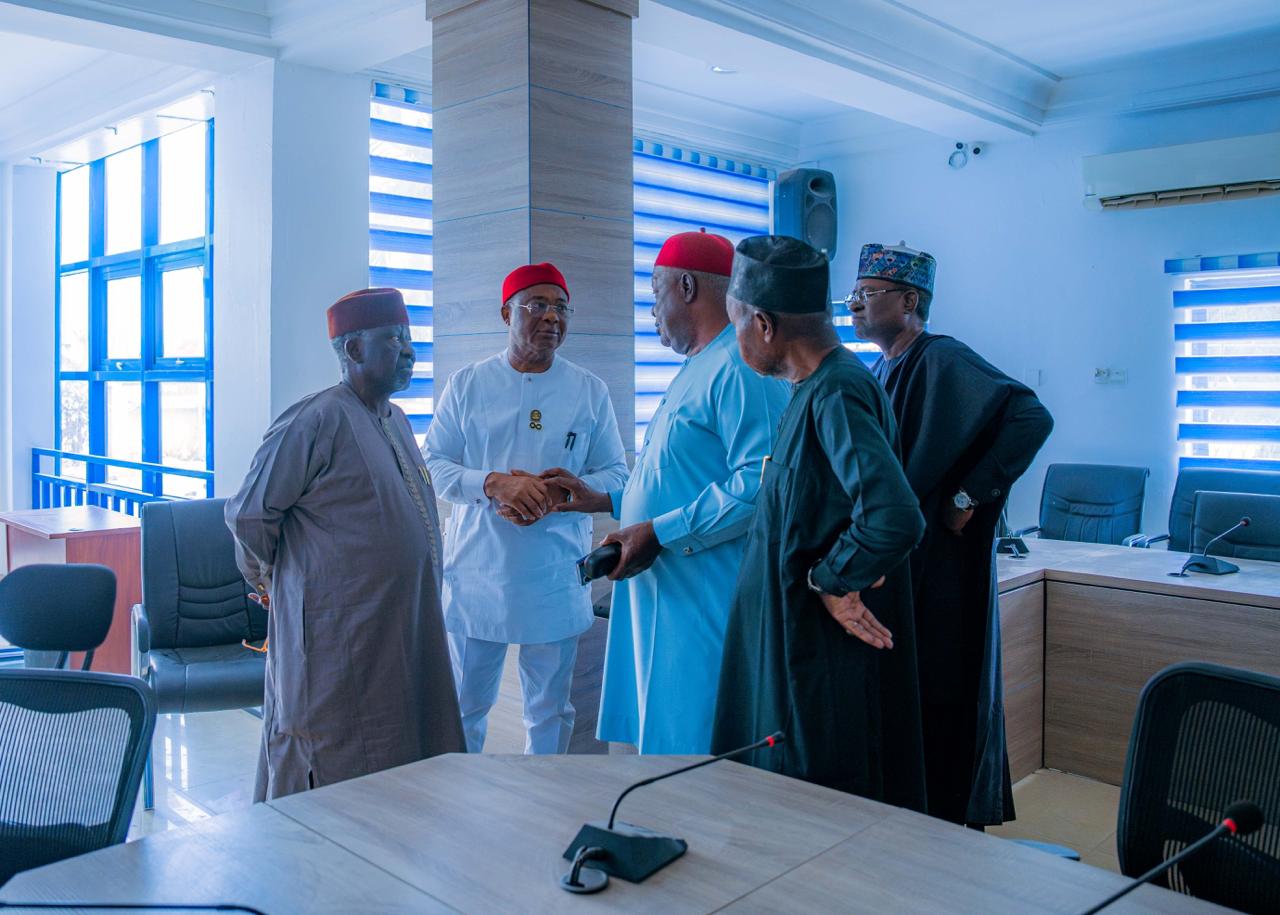
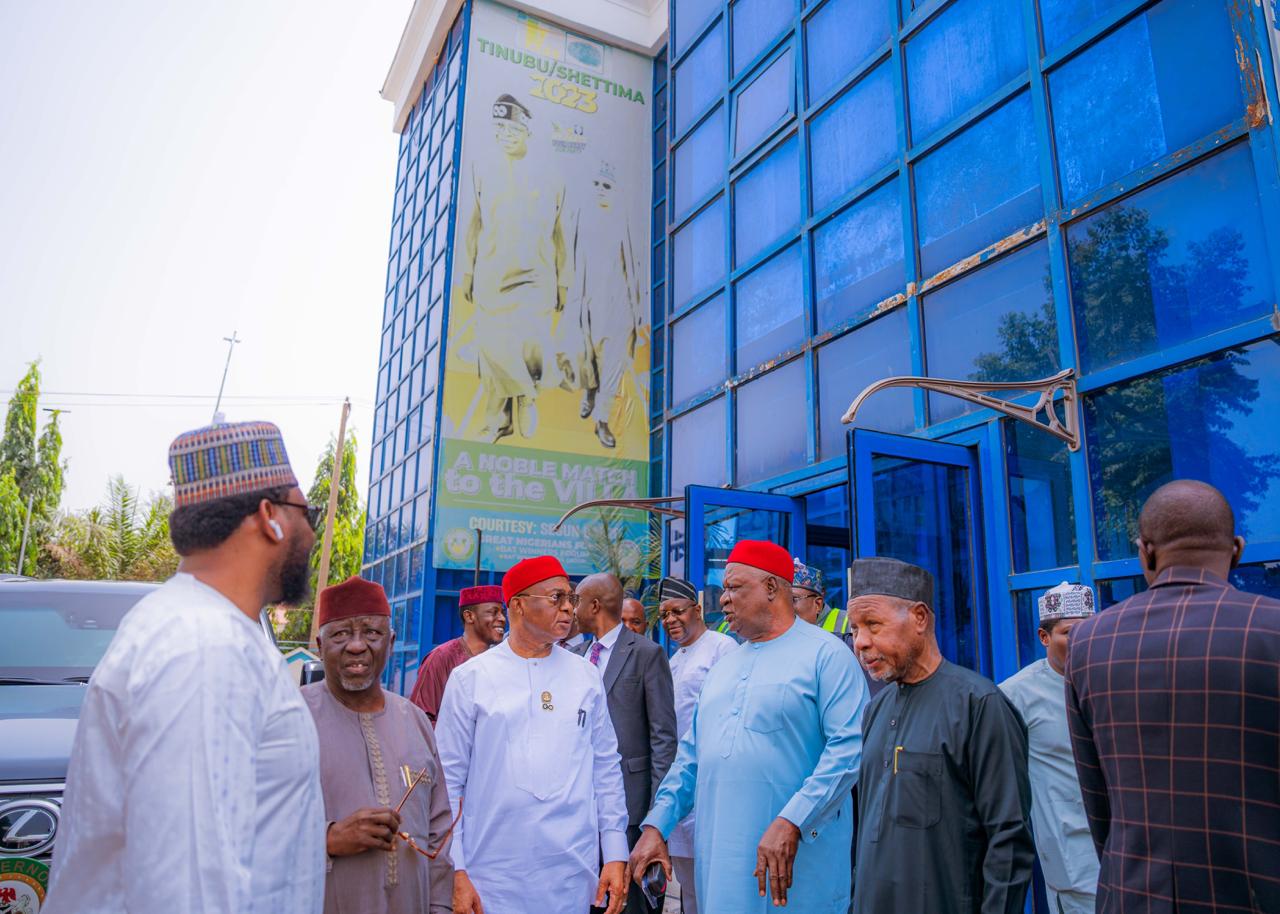

You must be logged in to post a comment Login